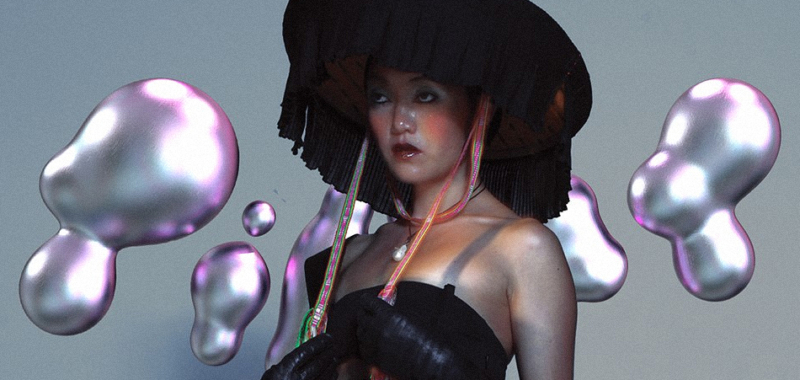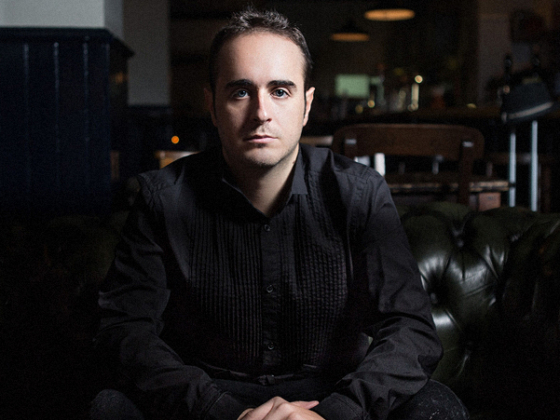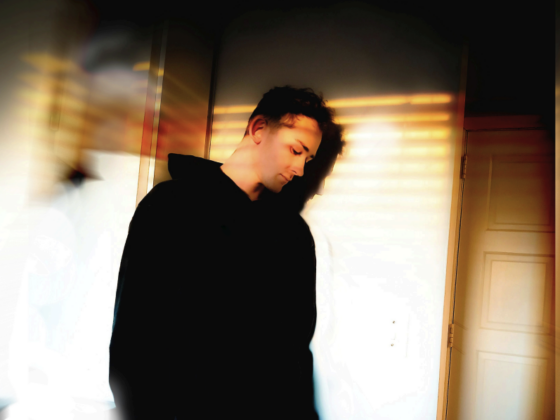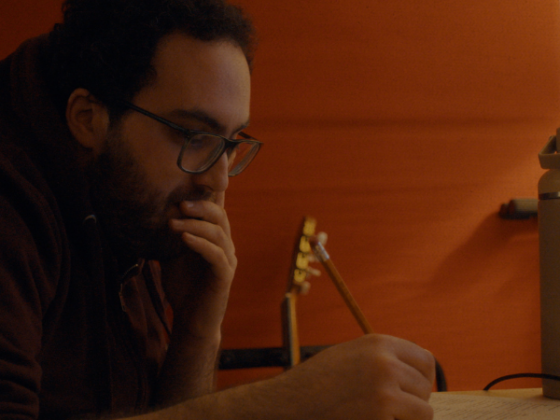Rainbow Chan is pushing boundaries by looking inward. Her radical new single "Lull" dives into the depths of her family's mother-tongue, and a near-extinct dialect, Weitou.
The language of music can cross cultural barriers. It's fitting then, that "Lull" subverts this. Through the track's stop-start club beat, "Lull" revolves around a lullaby sung by Chan with her mother and aunt. The choice to sample the folk melody came from Chan's journey to learn her family's roots. "The lullaby, 覺覺仔, was the first Weitou song I learned. Rather than seeing it as a sedative, I feel the lullaby has been the catalyst for an awakening," says the musician. "I wanted to learn my mum’s mother tongue, Weitou. It's a Cantonese dialect which is spoken by Hong Kong indigenous peoples." But with only around 18,000 speakers left, Chan says the dialect may perish. "I want the listeners to reflect on the disappearance of languages worldwide and its urgency."
Impressively, "Lull" sheds light on cultural history with thoughtful dexterity. The artist twists the folk lullaby into a wild electronic track. As a result, "Lull" is capricious yet club-ready. With purpose, Chan says the song's choppy sampling opens language and culture to a new audience. "I think it invites people to listen in, even if they are not familiar with the meaning of the words."
Similarly, the music video follows in the song's restless vein with a myriad of vibrant costume changes. By happen-chance, the clip features another part of Chan's heritage. "In Weitou culture, we believe that our ancestors visit the living in the form of moths," she says. "When we were shooting, a huge moth flew in and propped herself against the wall for ages. The moth also features in the video — I hope she was singing along."
Connect with Rainbow Chan: Facebook | Instagram | Spotify | Soundcloud











